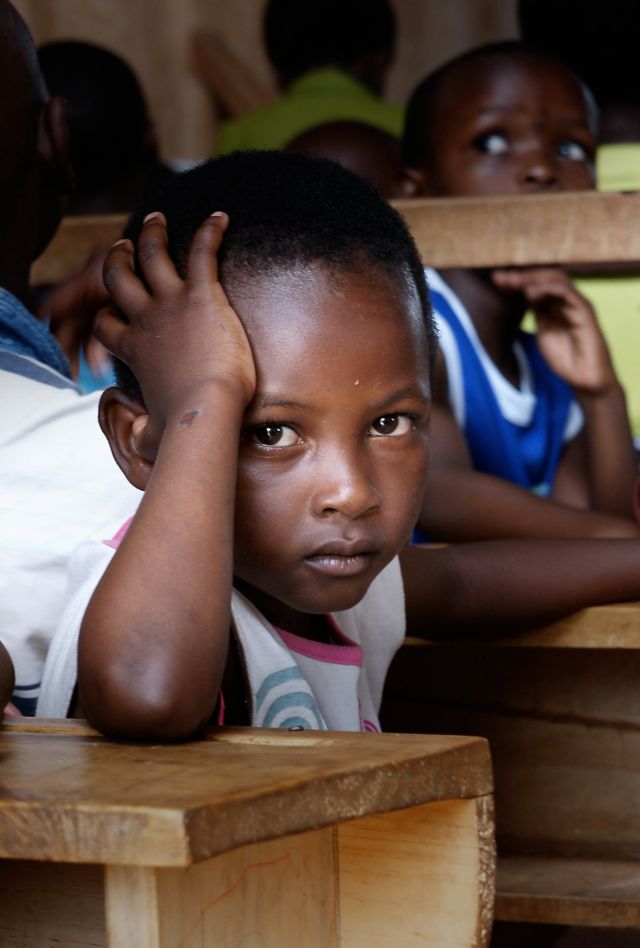
Low Reading Skills and Violence Continue in Uganda’s Schools
This article is from our NORC Now newsletter. Subscribe today.
July 2022
After a five-year initiative to improve early-grade reading and reduce school-related gender-based violence (SRGBV) in Uganda, challenges remain despite some gains. While the number of words read per minute increased from 10 to 17, more than one in four students still could not read by the end of third grade. Third graders also reported ongoing emotional (98 percent), physical (94 percent), and sexual (38 percent) abuse. The abuse included corporal punishment by teachers, who acknowledged that it was a poor disciplinary tool but continued applying it despite SRGBV trainings and other guidance.
These findings are among many from an evaluation of the Literacy Achievement and Retention Activity (LARA), which the U.S. Agency for International Development funded from 2015-2021. NORC conducted the evaluation with the Panagora Group. On a brighter note, the evaluation resulted in an effective new protocol for protecting children while researching school-related gender-based violence. It entails having trained counselors accompany data collection teams so that they can rapidly assess the health of children who reported abuse and share these assessments with local child protection officers.
This article is from our flagship newsletter, NORC Now. NORC Now keeps you informed of the full breadth of NORC’s work, the questions we help our clients answer, and the issues we help them address.




